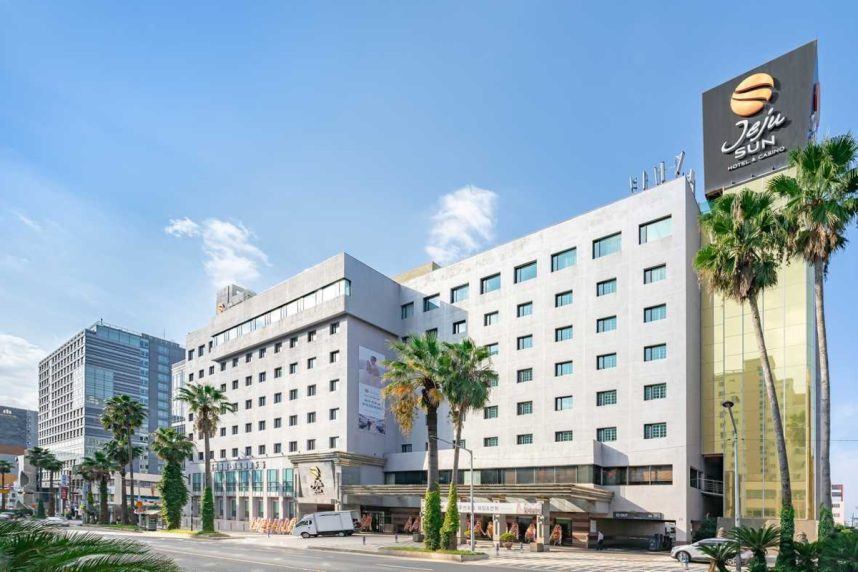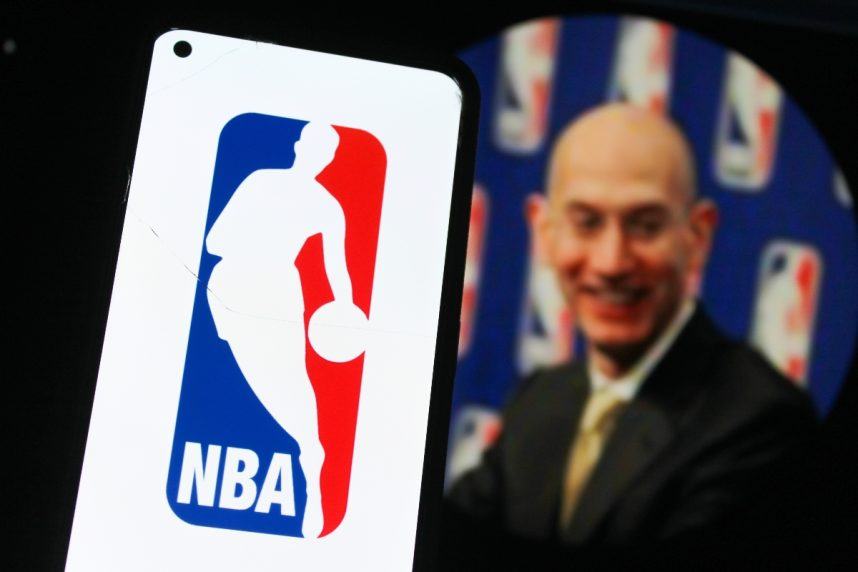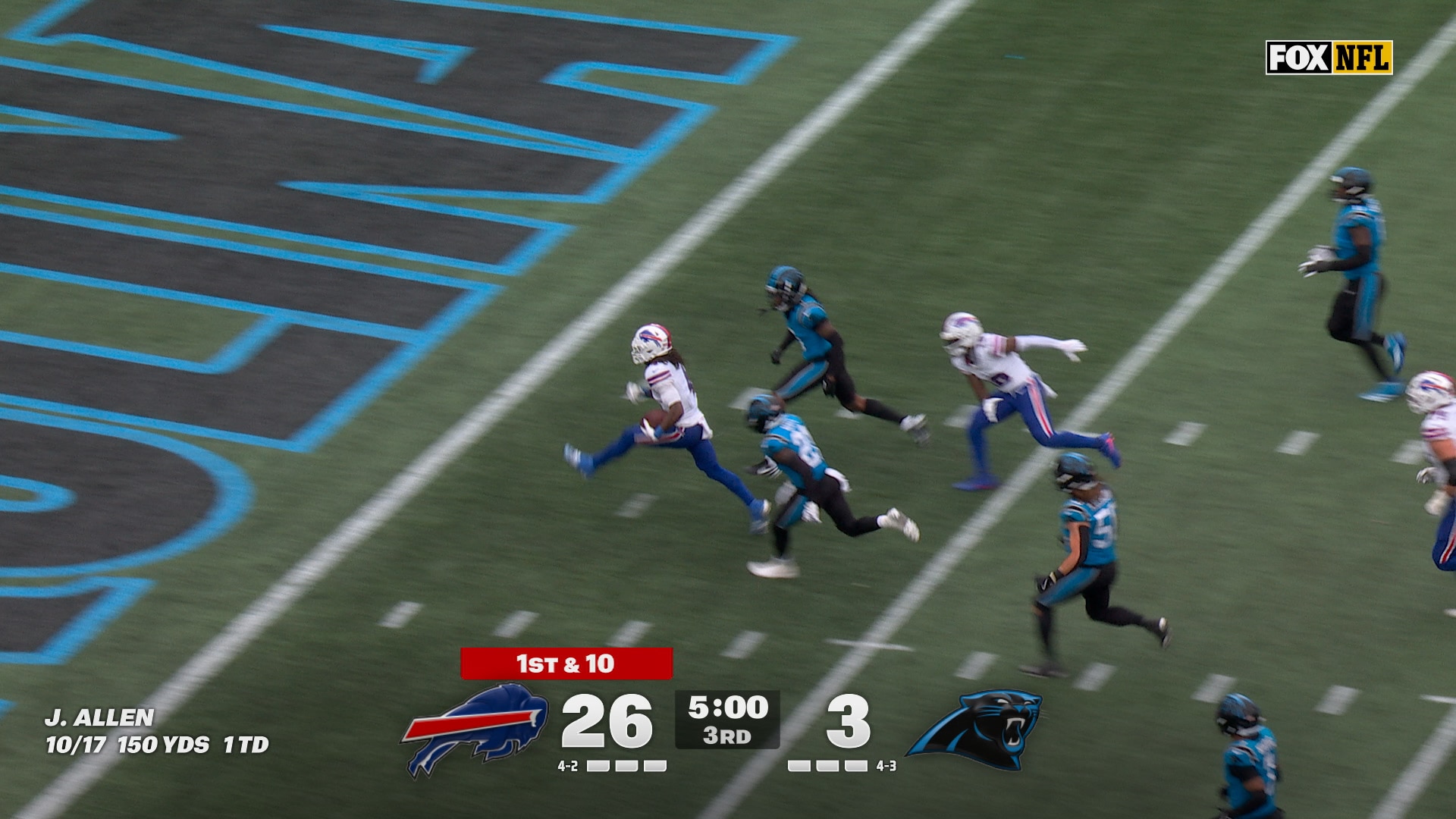A report commissioned by the Betting and Gaming Council (BGC) has warned the potential rise in gambling taxes would not only see a rise in black market activity but also put 40,000 jobs at risk.
Conducted by accountancy firm Ernst & Young (EY), the study used market data provided by BGC members as well as publicly available data from the UK Gambling Commission and HMRC tax receipts.
The report suggests plans being proposed by thinktanks, the Social Market Foundation and the Institute for Public Policy Research, would risk over 40,000 jobs, channel £8.4bn in stakes to the black market, and wipe £3.1bn off the sector’s UK economic contribution.
The study comes ahead of next month’s Autumn Budget, in which the industry will find out whether Chancellor Rachel Reeves will increase gambling taxes on the back of calls from backbenchers and former Prime Minister Gordon Brown.
EY looked at four scenarios:
• Aligning general betting duty (GBD) and remote gaming duty (RGD) to 21%
• The SMF proposal of increasing GBD to 25% and RGD to 50%.
• The IPPR proposal, similar to the SMF’s, but also suggests raising machine gaming duty from 20% to 50%
• And a model that increases all three duties by 5%.
The report assesses how the different scenarios would affect Treasury revenues, employment, economic output (GVA), and the size of the gambling black market.
It uses the term “elasticity” to discuss the net gain to the Treasury of the proposed reforms, once additional factors such as lost employment, reduced corporation tax, and lower National Insurance contributions are taken into account.
The estimated impact of an alignment, the SMF and IPPR proposals – with differing levels of elasticity – can be found in this table:
In the final scenario, a 5% increase in GBD would see a £230m increase in excise revenue but a £40m loss in other tax revenues, according to the report. GVA would fall £200m, with 600 jobs directly impacted and 1,400 indirectly impacted.
Commenting on the study, Grainne Hurst, BGC CEO, said: “It is now clear these further tax rises are a direct threat to British jobs and economic growth.
“The figures speak for themselves – tens of thousands of jobs lost, billions diverted to the black market, and a possible £3bn hit to the economy.
“Tax raids like those proposed would mean fewer betting shops, casinos and bingo halls, fewer jobs, and a huge boost to the growing, unsafe gambling black market, while not raising anywhere near the tax claimed.
“Balanced regulations and a stable tax regime guarantee a growing regulated sector. But these proposals would achieve the absolute opposite of that and undermine the very consumer protections that keep people safe by pushing customers towards the unregulated black market, where there are no safeguards, no tax receipts, no jobs, and no support for the sports we all love.
“Britain’s betting and gaming sector is a world leader – employing thousands, paying billions in tax, and investing in British sport.
“The choice is clear: back a successful, sustainable, regulated British industry – or risk losing jobs, investment and growth.”
The post Betting and Gaming Council warns up to 40,000 jobs at risk if gambling duty rises first appeared on EGR Intel.

.png) 4 hours ago
17
4 hours ago
17















